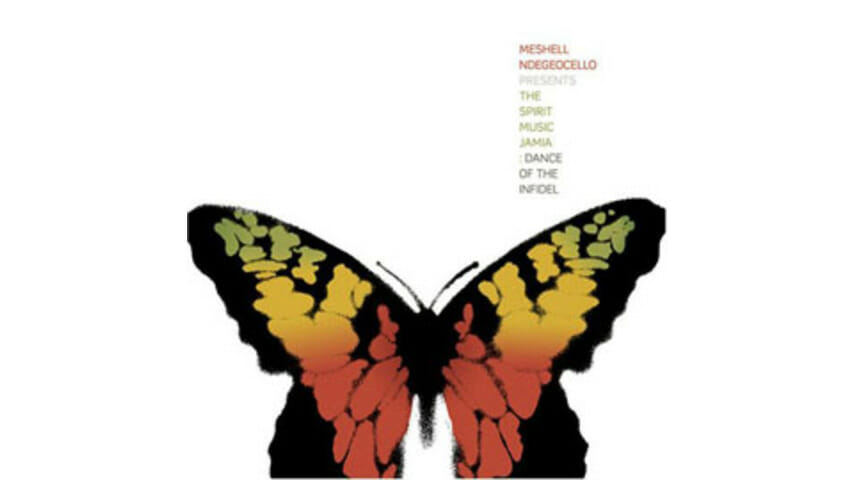Meshell Ndegeocello

Bass Jumping: Free-spirited four-string maestro strikes gold with inspiring
collaborative effort
Meshell Ndegeocello just can’t be satisfied. With the exception of Beck, no popular artist since Prince has jumped so freely from one genre to the next on each successive album. What sets Ndegeocello apart from those two tiny titans of experimental pop is that her genre-leaping is neither as calculated as Prince’s nor as sonically jarring as Beck’s. The ebb and flow of Ndegeocello’s music—from funky, ’70s-style soul and politically charged hip-hop to acoustic folk and orchestral rock—feels as natural as a breezy afternoon followed by an ominous storm and then naked sunshine.
-

-

-

-

-

-

-

-

-

-

-

-

-

-

-

-

-

-

-

-

-

-

-

-

-

-

-

-

-

-

-

-

-

-

-

-

-

-

-

-








































